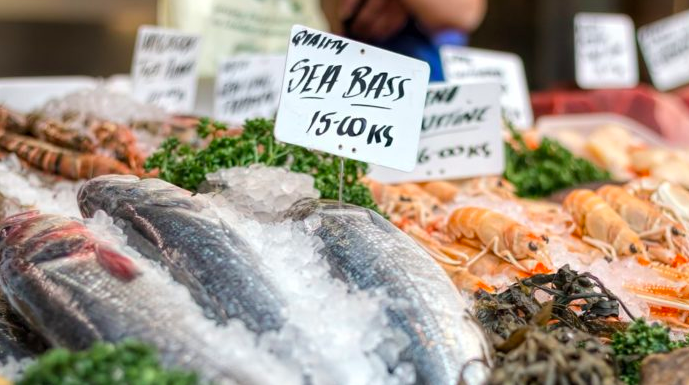
A new study by the non-profit Oceana found that more than one in five fish they tested from supermarkets and restaurants is mislabeled. It is a typical bait and switch, according to Beth Lowell of Oceana, who said “The consumer thinks that they’re getting a high-priced fish and instead they’re getting the cheaper alternative … they’re being ripped off.” Oceana’s test results are consistent with an investigation conducted by the New York state Attorney General (AG), which found that more than one in four samples, or 26.92% of the seafood they bought and tested was mislabeled. Moreover, in the NY AG investigation, they found fraud in nearly every category of fish that they tested. CNN reported that Oceana tested fish in 24 states, and did DNA tests on the fish they sampled — here is what they found.
- Seafood in restaurants and at smaller markets is more frequently mislabeled than in larger grocery chains.
- The problem is pervasive — one in three stores and restaurants where Oceana sampled sold at least one mislabeled item.
- Popular fish like sea bass and red snapper are the most often mislabeled — sea bass was mislabeled 55% of the time and snapper 42% of the time, Oceana’s tests showed.
- Common cheaper substitutes are giant perch or Nile tilapia, walleye, and lavender jobfish.
The U.S. imports 80 percent of the seafood sold here, and the government began monitoring some imported seafood but only 13 species are tracked, and once in the U.S. they are no longer followed. NOAA, the government agency responsible for the program, told CBS News that the agency only tracks the seafood species that are “particularly vulnerable to illegal, unreported, and unregulated fishing and seafood fraud,” and said the program was “not designed to trace seafood products after they enter the U.S. market.” Oceana has done the same testing for the last nine years and despite the increased regulation and public awareness, the problem has not improved over that time.
Why This Matters: Seafood fraud is more common than it should be. New technologies are making it easier and easier to track fish from boat to plate — even though the supply chain for fish can be very long. Seafood fraud is serious — not only because consumers are overcharged, but also because mislabeling masks overfishing of certain species, can cause serious health impacts (some species are more likely to contain mercury), and may trigger allergic reactions in unsuspecting consumers. The government should expand the current tracking program to cover more fish species, and they ought to conduct more tests themselves to try to locate the source of the fraud. This problem could be solved — all that is needed is the will to do it.
March 11, 2019 » CBS News, CNN, fraud, IUU fishing, Oceana, red snapper, seafood, tilapia


